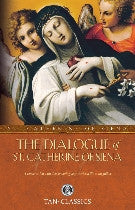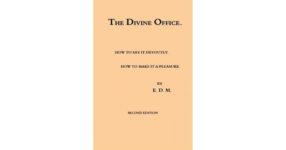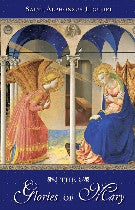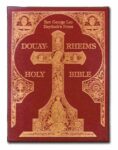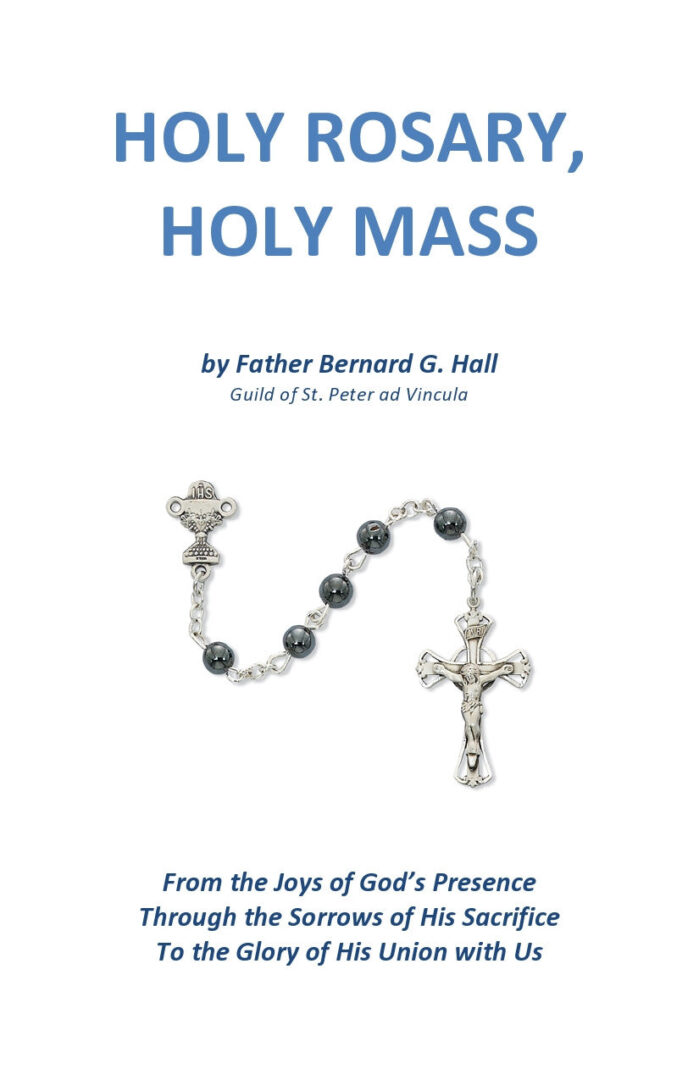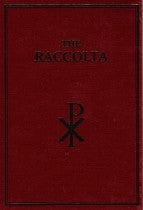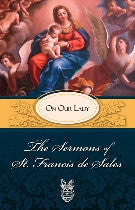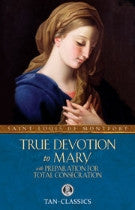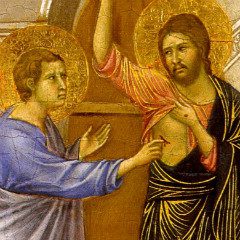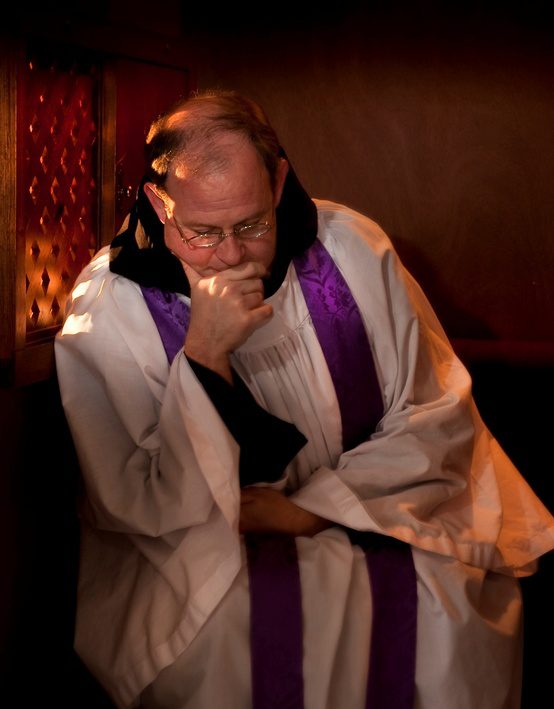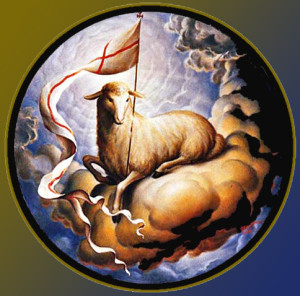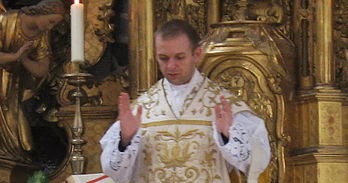The Ranking of Feasts
By the ranking of a Feast is meant its relative importance. The rank thus determines which Office is said when more than one Office occurs on the same day. It is also used to determine when First Vespers of a Feast is to be said, as well as the order of commemorations at Lauds and Vespers.
Click on the boxes below for more details.
Feastdays
Duplex Primae Classis
Representing the highest of the holy days of the Church’s calendar, Doubles of the First Class take precedence over all other Feasts. They are never omitted, but are transferred to the first available day if impeded by a privileged Sunday or Feria (ie. Advent Sunday, Sundays in Lent, Ash Wednesday, or days in Holy Week). The Solemn Office is always used.
Duplex Primae Classis
Representing the highest of the holy days of the Church’s calendar, Doubles of the First Class take precedence over all other Feasts. They are never omitted, but are transferred to the first available day if impeded by a privileged Sunday or Feria (ie. Advent Sunday, Sundays in Lent, Ash Wednesday, or days in Holy Week). The Solemn Office is always used.
Duplex Secundae Classis
The next-highest ranking Feasts are Doubles of the Second Class. They are never omitted, but are transferred to the first available day if impeded by a Double of the First Class, or by a privileged Sunday or Feria (ie. Advent Sunday, Sundays in Lent, Ash Wednesday, or days in Holy Week). The Solemn Office is always used.
Duplex Majus
Depending on the type of Feast being celebrated, a Greater Double will be celebrated either as a Solemn Office or as an Ordinary Office. Greater double Feasts of Our Lord take precedence over an occurring Sunday.
Duplex Minus
The increment “lesser” is usually dropped and the Feast referred to simply as a Double. Double Feasts are so named because the Antiphons at Matins, Lauds and Vespers are “doubled,” that is, said in their entirety both before and after the Psalm. Double feasts are said according to the Ordinary Office.
Semiduplex
At Feasts of semidouble and lesser ranking, the Antiphons before the Psalms at Matins, Lauds and Vespers are simply intoned, as at the Little Hours and Compline. At these feasts below the rank of Double, the Preces are said at Prime and Compline. The Ordinary Office is said.
Simplex
Unlike the Feasts of higher ranking, the Matins of Simple Feasts and lower ranking have only one Nocturn, the nine Psalms being said consecutively. The Simple Office is used.
Non-Feastdays
Feria
Ferias, or Ferial Days are weekdays having no occurring Feast. Certain Ferias are penitential in nature, for example, the Ferias of Advent and Lent, Ember Days, etc., and on these days the Ferial Preces are said at Lauds, Prime, Vespers and Compline. The formatting of Lauds is also slightly different on these penitential days.
Feria
Ferias, or Ferial Days are weekdays having no occurring Feast. Certain Ferias are penitential in nature, for example, the Ferias of Advent and Lent, Ember Days, etc., and on these days the Ferial Preces are said at Lauds, Prime, Vespers and Compline. The formatting of Lauds is also slightly different on these penitential days.
Vigil
Common Vigils are held on the eve of many important Feasts, and follow the Vigil Office Some Vigils are privileged, taking precedence over any occurring Feast and having a proper Office of their own. With the exception of the Vigils of Epiphany and Ascension, Vigils are penitential in nature.
Octaves
Certain Feasts have Octaves, that is, an extension of the Feast over the following week. Octaves may be privileged, common or simple, as follows:
Easter and Pentecost
The first two days (Monday and Tuesday) are Doubles of the First Class, the rest Semidouble. Each day of the Octave uses the Solemn Office, has a proper Mass and certain proper elements in its Office. No Feasts may be celebrated during the Octave, but on the Semidouble days may be commemorated.
Easter and Pentecost
The first two days (Monday and Tuesday) are Doubles of the First Class, the rest Semidouble. Each day of the Octave uses the Solemn Office, has a proper Mass and certain proper elements in its Office. No Feasts may be celebrated during the Octave, but on the Semidouble days may be commemorated.
Epiphany and Corpus Christi
Each day within the Octave is ranked Semidouble. Each day of the Octave uses the Solemn Office, which is the same as on the original Feastday itself. Only Feasts ranked Double of the First or Second Class may be celebrated during the Octave, otherwise an occurring Feast is commemorated.
Christmas and Ascension
Each day within the Octave is ranked Semidouble. Each day of the Octave uses the Solemn Office, which is the same as on the original Feastday itself, with certain exceptions at Christmas. Feasts ranked Double and above take precedence over a day within the Octave, and use the Ordinary Office.
Most Octaves are Common Octaves, the days of which are ranked semidouble and the Octave Day greater double. All the days of a Common Octave follow the Ordinary Office, including the Octave Day itself.
The days within a Simple Octave are not observed in the liturgy. Only the Octave Day itself is observed, and has the rank of Simple.




